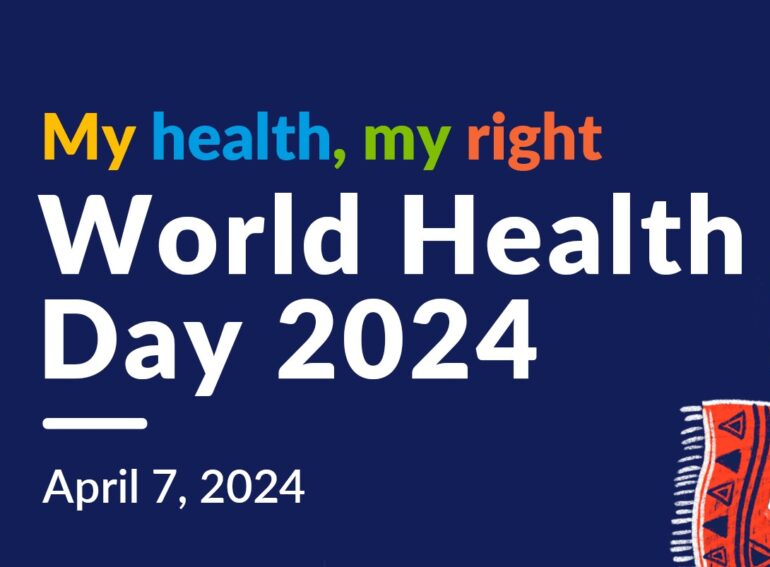World Health Day, observed annually on April 7th, is a significant occasion that highlights the importance of health and well-being for people around the world. This international event serves as a platform to raise awareness about various health issues and promote healthier lifestyles for individuals and communities.
Over the decades, this day has undergone significant transformations, reflecting and responding to changing global health landscapes. In its origins, the primary purpose of World Health Day was to raise awareness among the population about specific health problems that afflicted global communities, promote public health policies and promote healthy habits among citizens.
During the first decades, the focus was on combating specific diseases considered significant threats to global health at the time, such as polio, malaria and tuberculosis. These initial efforts underscored the importance of vaccination, eradication campaigns, and the development of public health infrastructure.
This year, as the world continues to navigate through unprecedented challenges posed by the COVID-19 pandemic, the theme of World Health Day focuses on building a fairer, healthier world for everyone. The COVID-19 pandemic has underscored the importance of equitable access to healthcare services and the need to address health disparities that exist within and between countries.
On the day itself, various organisations, governments, and communities come together to advocate for health equity and promote initiatives aimed at improving access to quality healthcare for all. From raising awareness about preventive measures to advocating for policies that support public health, World Health Day serves as a catalyst for positive change on a global scale.
In addition to addressing the immediate health challenges posed by the pandemic, World Health Day also provides an opportunity to highlight other pressing health issues, such as mental health, non-communicable diseases, and environmental health. By raising awareness and fostering dialogue on these topics, it plays a crucial role in shaping global health agendas and driving action towards achieving universal health coverage and sustainable development goals.
Amidst the ongoing challenges, World Health Day also serves as a reminder of the resilience and strength of individuals, communities, and healthcare systems worldwide. It celebrates the dedication and tireless efforts of healthcare workers who continue to provide essential services and care for those in need, often at great personal risk.
The global community has moved from a vision of health merely as the absence of disease, towards a recognition of it as the result of a wide spectrum of factors, including social, economic, environmental and political. Throughout its history, World Health Day has contributed to generating significant changes in the way we approach health globally, highlighting that in matters of health as well as in life, we are all interconnected and must work together to overcome mankind’s greatest challenges.


